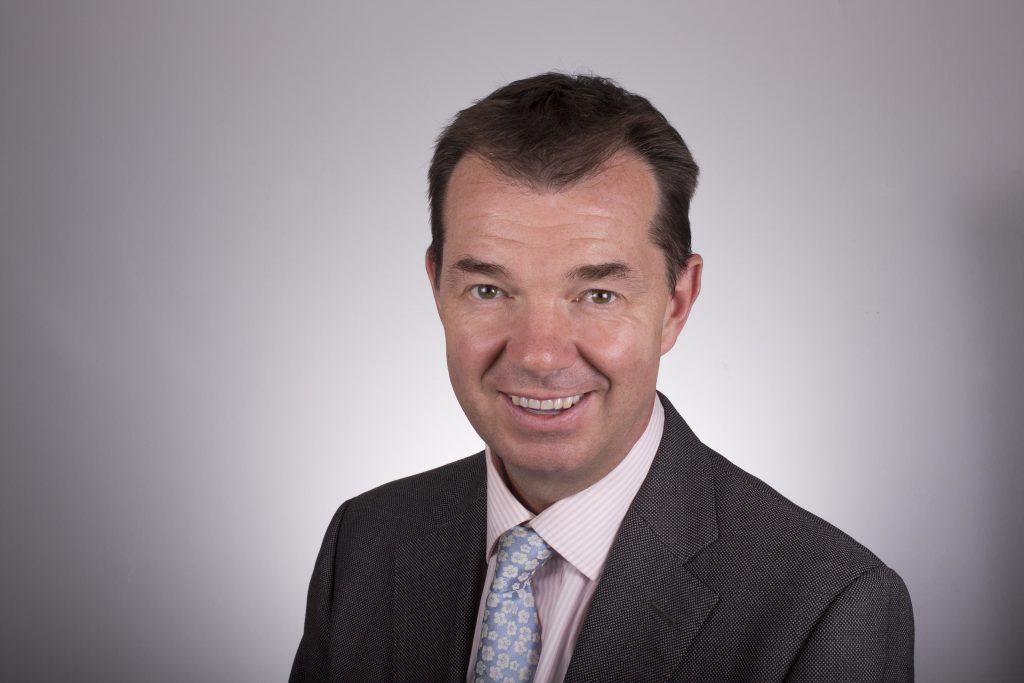Pensions minister Guy Opperman MP has urged employers and their advisers to look beyond price and consider the overall value the pension provider they choose delivers.
Writing in the foreword to Corporate Adviser’s Master Trust and GPP Default report (Click to request a copy), Opperman, who is minister for pensions and financial inclusion, says advisers and employers should remember that it is net returns that should be the priority, not just charges. To see net returns on all 32 main DC defaults – click here.
His comments are a response to findings from the qualitative part of the research which identifies concern amongst master trust providers who said privately they would be wary of introducing new illiquid asset classes, such as unlisted infrastructure, property or private equity, which they believe would improve the risk/return attributes of the scheme’s default, because charge-focused advisers would be unlikely to recommend them.
One master trust provider representative said :“We think investing in illiquids would be the ‘right thing to do’ for our members. But the excessive focus on charges, driven by pension advisers and consultants, not employers or scheme members, makes it very difficult to justify in a commercial market”
Opperman says the fact that most schemes are well below the 0.75 per cent cap shows there is no need for it to be raised, leaving scope for providers to bring in exposure to a more diverse range of asset classes.
He also commended The People’s Pension for its 7 per cent exposure to infrastructure in its default.
Guy Opperman MP, minister for pensions and financial inclusion’s foreword in full:
I recognise the key role of the employer advisory sector in today’s pension saving model. Where employers see their role in pension provision narrowly, as minimum legal compliance with their automatic enrolment duties, this won’t necessarily drive the best outcomes for members.
We as Government can impose minimum standards on all pension schemes through regulations, so that no member should be invested in a bad scheme. But we still want the best schemes to flourish – whether that’s by harnessing economies of scale for efficient administration, excellent investment governance, or innovative diversified strategies which take account of ESG and climate change.
Corporate advisers can help employers to identify those schemes most likely to flourish and deliver the best results for savers – and this excellent report is a welcome addition to that.
Amongst the findings that interested me were:
- the accelerating development of scale in the largest schemes – with 12 defaults valued at over £1bn and 3 that now have more than £5bn.
- the very wide dispersion in investment returns – between 5.2% and 12.5% annualised returns from the lowest to highest performing.
- the observations on illiquid investments and infrastructure, where the main barriers are not regulation, but the reliance on daily trading, and attitudes to costs.
The development of scale is something I welcome. I’ve recently consulted on proposals to require smaller schemes to carry out a comparative assessment of whether members might receive better value in another scheme such as a master trust. Some small schemes are well-governed, although many are not, and all can suffer from the lack of access to scale, and the benefits that brings in administration, governance and investment. No members should be deprived of access to basic good governance and investment solutions because their employer insists on using a sub-scale scheme with weak governance.
I encourage no-one to lose their heads on immediate short-term differences in investment returns. Automatic enrolment has not yet existed for a full economic cycle. Still this is clearly something employers and their advisers will wish to monitor closely – both by looking at risk-adjusted returns, and whether that level of risk is appropriate for their people.
Government has sometimes been criticised for a focus on cost over investment returns. I never say that cost is the whole story. It can be a lot of the story – especially within an asset class where higher fees relatively rarely deliver higher sustained returns. But net returns, however unknowable at the beginning of the saving journey, are what will ultimately matter to members.
So it is concerning that schemes continue to feel that they must compete on price alone rather than the overall offering. I encourage employers and advisers to continue to look past this at the whole picture.
I don’t believe an upward change in the 0.75 per cent charge cap is necessary to support more innovative investment strategies. I applaud People’s Pension for their 7 per cent exposure to infrastructure, which has been achieved at for a price which is well within the cap.
And I support other schemes who are increasing or even just beginning to consider increasing their exposure to less liquid or alternative assets.
There is a lot to celebrate in this report, as we look back at 7 years of automatic enrolment and what we’ve all achieved. We should all be pleased with the story so far. But we have a lot further to go to efficiently deliver a secure and adequate DC pension income for all.
